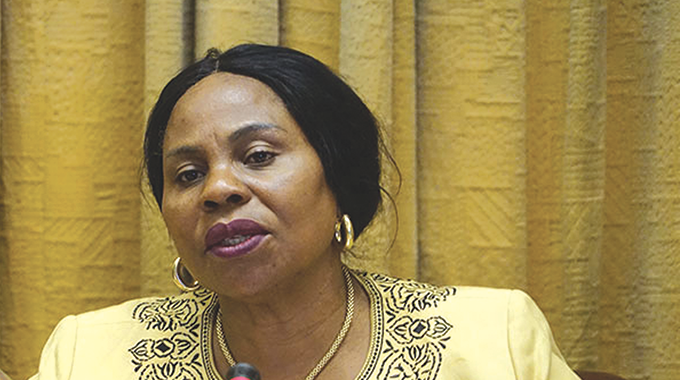
The Sunday News

RENEWABLE energy, often referred to as clean energy, comes from natural sources or processes that are constantly replenished. For example, sunlight or wind keep shining and blowing, even if their availability depends on time and weather. While renewable energy is often thought of as a new technology, harnessing nature’s power has long been used for heating, transportation, lighting, and more. (nrdc.org)
At a time when the country is experiencing power shortages, turning to renewable energy is the way to go and the National Renewable Energy Policy announced by Government last week should be applauded. The renewable energy sector in Zimbabwe comprises solar, hydro, wind, geothermal and biomass energy sources.
The policy came a few weeks after Government approved a duty waiver on solar equipment and allowed mining firms to procure energy directly from the Southern African Power Pool.
“In this regard, special incentives shall be provided through duty waivers on imported solar equipment while it shall be mandatory for all new construction projects to be solar-powered,” said Information, Publicity and Broadcasting Services Minister Monica Mutsvangwa when addressing a post-Cabinet media briefing.
And last week, she announced that Cabinet considered and approved the National Renewable Energy Policy which was presented by the Minister of Industry and Commerce, as chairman of the Cabinet Committee on Industrialisation and Export Development.
The National Renewable Energy Policy seeks to attain the following: to establish market-oriented measures and regulatory instruments for the development of the renewable energy sector in Zimbabwe; to address the barriers to the uptake of renewable energy in the country; to achieve an installed renewable energy capacity consistent with the country’s projected energy requirements under Vision 2030; to promote investment in the renewable energy sector; to provide the necessary guidelines, incentives, standards, procurement and financing mechanisms for promoting the development of off-grid projects, which have the potential to increase electricity access in rural areas; and to promote the manufacturing of renewable energy equipment in the country as well as local skills development in that regard.
The policy is expected to go a long way in resolving energy problems besetting the country and negative ripple effects thereof in the entire economy. Most countries the world over have invested a great deal on renewable energy.
Energycentral.com says, “It is a fact that non-renewable energies will, by definition, run out. It is also a fact that in the meantime, dependence on these energy sources is causing multiple existential global crises. If human beings are to preserve modernity and planetary habitability, we must soon shift to 100 percent renewable energy in all sectors. A fossil-free energy system is the only way forward as it results in socio-economic development and regional value creation.
“In times of economic crisis and budget cuts in most parliaments people are mainly concerned about jobs and price increases in their daily lives. However, the evidence shows that investments in renewable energies actually tackle these issues. Energy is a cross-cutting issue. Looking at countries like Germany and Denmark that are successfully moving towards 100 percent renewable energy, we see that high citizen participation and regional value creation from decentralised renewable energy production are the key success factors.”
There are a number of projects underway in the country meant to tap into renewable energy. And recently, it was announced that Matshela Energy, which is fronted by South Africa’s power utility Eskom’s former chief executive officer, Engineer Matshela Koko, will invest US$250 million into a solar power plant in Gwanda.
The company was awarded the licence to set up the power plant by the Zimbabwe Energy Regulatory Authority (Zera) on 17 July. It is envisaged that the project, which will produce 100 megawatts, will become the single largest solar venture in the country and will create up to 1 000 jobs. The solar plant dovetails with the country’s renewed push to promote clean energy sources that are meant to protect the environment and reduce attendant consequences such as climate change.



